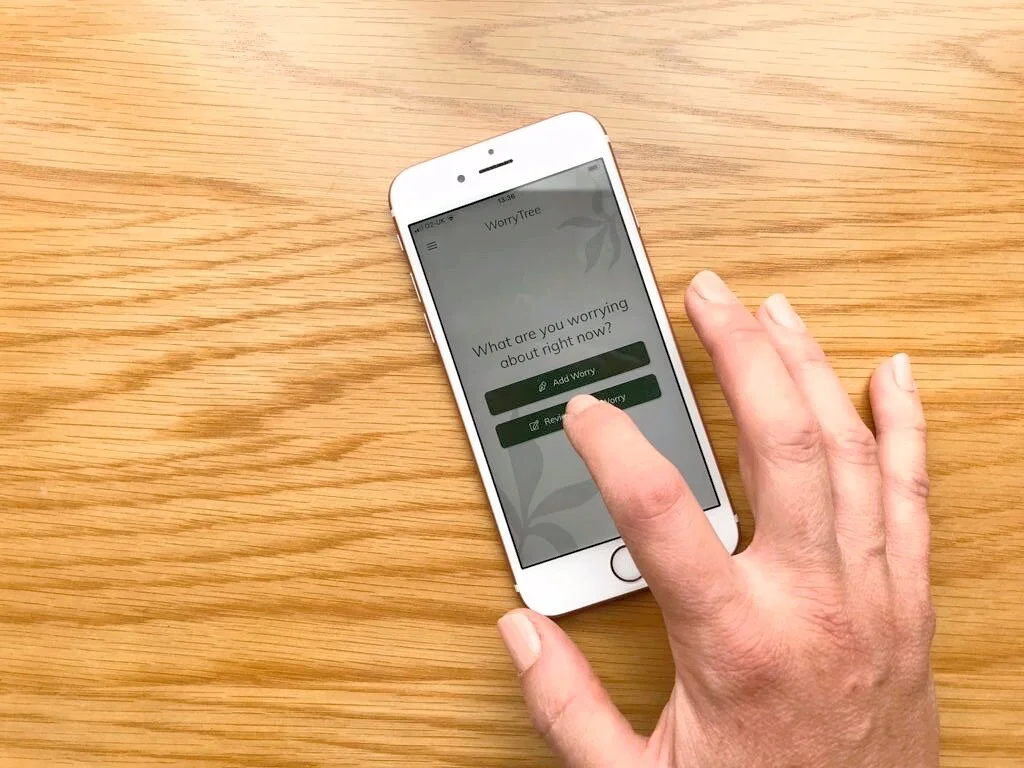A few weeks ago our Founder Louise jumped onto Zoom in a live webinar where she talked us through the WorryTree cognitive behavioural therapy technique and how to use our WorryTree app!
If you missed it, you can watch a recording of the session here!











